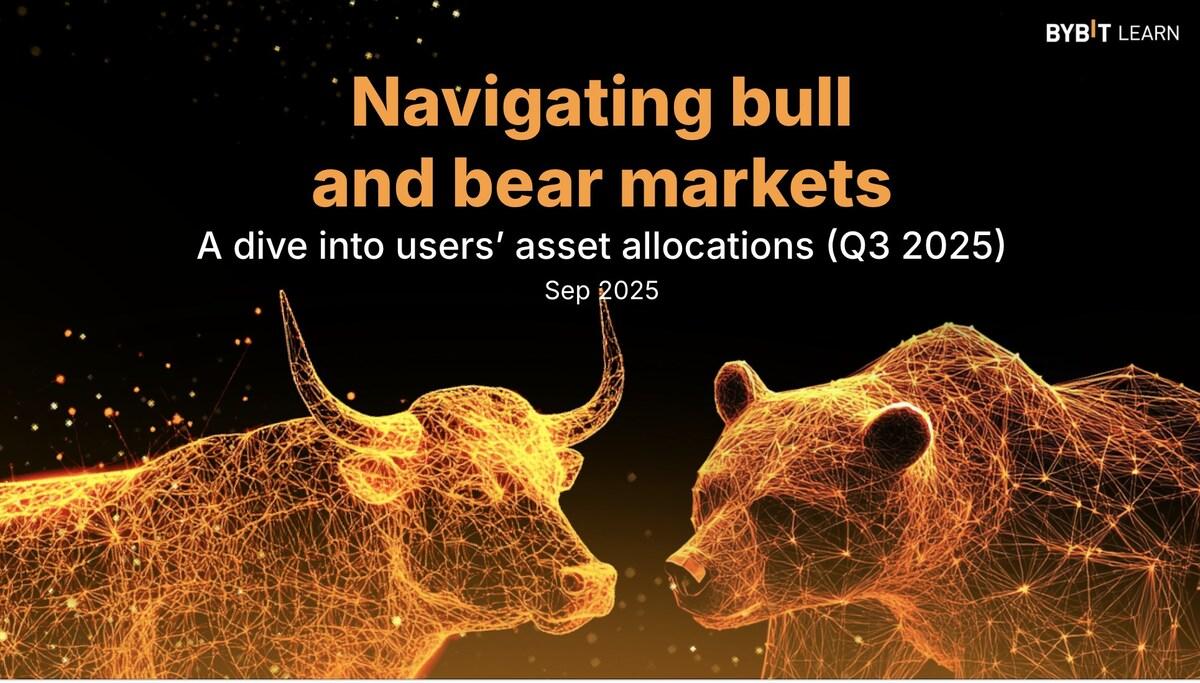Venom blockchain talks highlight China’s climate finance ambitions

Speculation over a Venom acquisition underscores the growing role of blockchain in carbon markets and ESG reporting.
Chinese media outlet Toutiao has reported that a major financial technology firm in China is in talks to acquire blockchain infrastructure from Venom Foundation, a project based in Abu Dhabi. While details remain confidential, the potential transaction has sparked debate about how China might deploy blockchain technology in pursuit of climate and sustainability goals.
The report comes amid a series of unconventional experiments in the sector. Earlier this year, Bit Origin shifted toward digital asset infrastructure, using Dogecoin in its treasury as part of a pivot strategy. While small in scale, the move highlighted the appetite among Chinese-linked companies to test new approaches. A Venom acquisition would represent a more substantial play: embedding high-performance blockchain into ESG and climate finance systems.
Venom has distinguished itself with a combination of speed, scalability, and regulatory adaptability. Stress tests this year showed throughput of up to 150,000 transactions per second with settlement times under three seconds. Its sharding model and parallel execution framework enable the platform to handle heavy workloads, while its built-in KYC and AML tools, alongside support for state-backed stablecoins, align with regulatory demands.
What makes Venom particularly relevant in this context is its suitability for environmental applications. Immutable blockchain records could underpin transparent carbon credit registries, enabling companies and regulators to verify emissions data in real time. This could reduce the risk of greenwashing and strengthen investor confidence in ESG markets. When paired with artificial intelligence, Venom’s infrastructure could also help banks and insurers generate continuous environmental risk assessments, linking financial flows to sustainability outcomes.
China has already demonstrated interest in scaling its influence through green acquisitions. The State Grid Corporation of China has invested heavily in renewable energy projects, while China Three Gorges Corporation has acquired clean-energy assets overseas to expand its global footprint. A potential Venom deal would mirror these strategies: leveraging external innovation to serve national objectives, in this case by embedding blockchain at the heart of green finance systems.
Analysts suggest such an acquisition would position China not only to track its own 2030 carbon peak commitments but also to set standards for how ESG data is managed globally. By providing infrastructure that links compliance, transparency, and real-time analytics, China could influence the rules of climate finance in a way that aligns with its policy agenda.
Sources indicate the Venom talks could conclude between late 2025 and early 2026, though neither party has offered comment.
The broader question remains whether blockchain can shift from niche applications to a core part of the world’s financial system. For China, Venom could represent both a technological solution and a geopolitical lever, a way to lead in the emerging global market for green finance.
Disclaimer: This article is provided for informational purposes only. It is not offered or intended to be used as legal, tax, investment, financial, or other advice.




